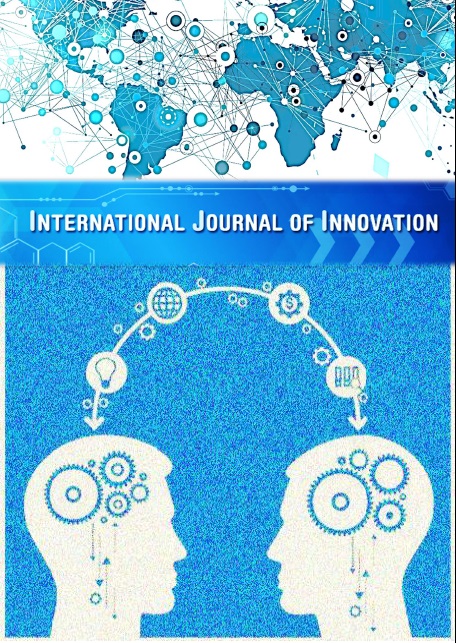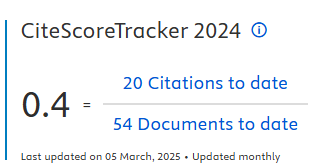Social Entrepreneurship in India: An Exploratory Study
DOI:
https://doi.org/10.5585/iji.v3i1.20Keywords:
Entrepreneurship, Social Entrepreneurship, Social Entrepreneur, NGO, Corporate Social Responsibility, IndiaAbstract
Social Entrepreneurship is an all-encompassing nomenclature, used for depicting the process of, bringing about social change on a major and impactful scale compared to a traditional Non-Governmental Organization (NGO). It is an increasingly important concept in the study of voluntary, non-profit and not-for -profit organizations. Earlier, organizations addressing key social issues were assumed to be idealistic, philanthropic with entrepreneurial skills. Social Entrepreneurship in India is emerging primarily because the government is very keen on its promotion, not necessarily by funding it or by advising on it but by enabling it. The Corporate Social Responsibility (CSR) of the private sector with clearly earmarked funds and full-fledged action teams have played an important role in sprucing up the image of Social Entrepreneurship. The focus of the paper is to study the growing trends of Social Entrepreneurship in India and the new initiatives taken by various Social Entrepreneurs. It also gives a brief idea of different Theories of Social Entrepreneurship. Efforts are made to provide information and an exploratory study, related to the support activities of Social Entrepreneurship and Social Entrepreneurial ventures in India. This may be beneficial in future empirical studies of the subject.
Keywords: Entrepreneurship, Social Entrepreneurship, Social Entrepreneur, NGO, Corporate Social Responsibility, India.
Downloads
Downloads
Published
How to Cite
Issue
Section
License
Copyright (c) 2018 International Journal of Innovation

This work is licensed under a Creative Commons Attribution-NonCommercial-NoDerivatives 4.0 International License.
- Abstract 879
- Pdf/English 306














